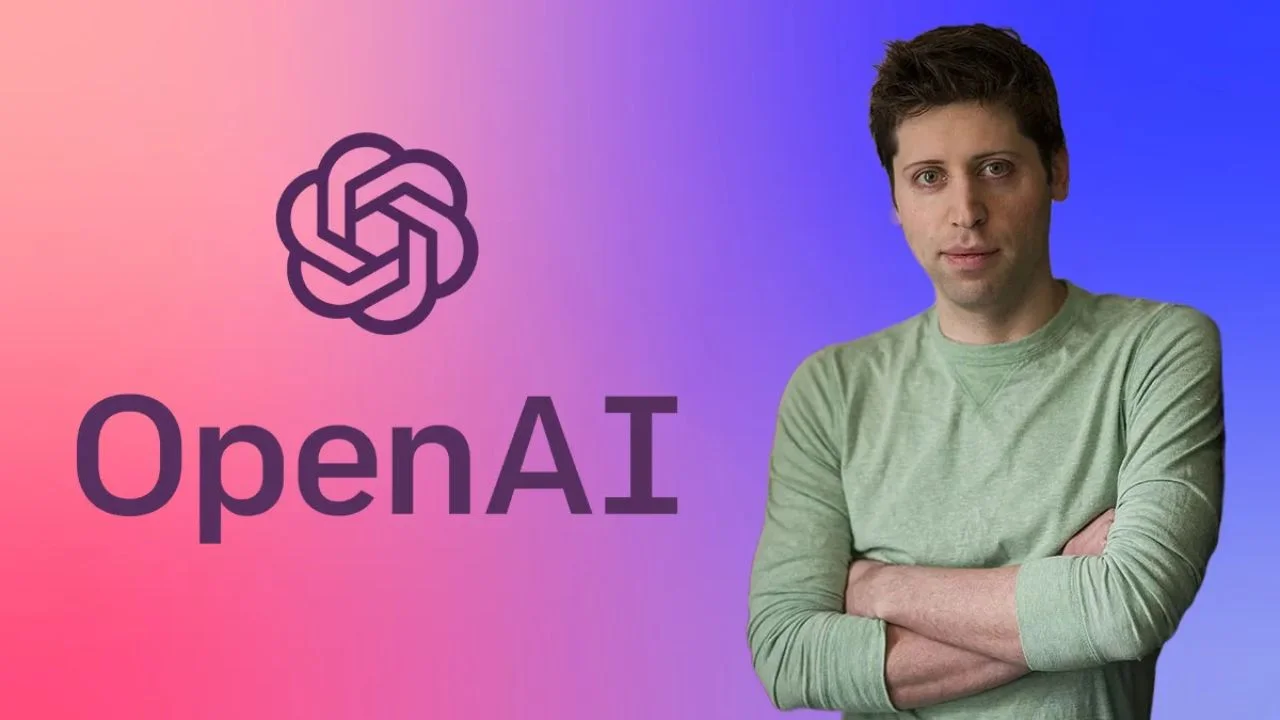
OpenAI, a company that was once praised for its nonprofit status and mission to create beneficial AI for all, is now rumored to be contemplating a move towards a more profit-driven structure. According to reports, unnamed sources have suggested that the company is exploring options for restructuring its business model. This potential change has sparked heated discussions about what this could mean for OpenAI’s ethical commitments and the future of artificial intelligence (AI).
While OpenAI has yet to make an official announcement regarding any changes, the mere possibility of this shift is raising eyebrows in the tech world. The move could fundamentally alter the company’s approach, focusing more on financial gains rather than prioritizing humanity’s broader needs.
If these reports turn out to be accurate, OpenAI’s transition from a nonprofit to a for-profit organization would be a significant departure from its founding principles. Historically, OpenAI has operated under the guidance of a nonprofit board, which ensured that the company’s work aligned with its mission to benefit all of humanity. However, with a potential restructuring, the nonprofit board would lose control, making way for a more profit-centric governance model.
Despite this rumored shift, OpenAI continues to assert that its commitment to ethical AI development remains intact. However, many are concerned that commercial interests could overshadow the company’s original goals of fairness, transparency, and inclusivity. This tension between cutting-edge AI development and prioritizing societal well-being is nothing new, but OpenAI’s alleged pivot brings it into sharp focus.
Transitioning to a for-profit model can introduce various challenges. One of the main concerns is whether the company can maintain its ethical commitments in the face of commercial pressures. Historically, organizations that switch to a profit-focused model often find themselves prioritizing short-term gains, potentially at the expense of long-term societal benefits.
In OpenAI’s case, this might mean prioritizing rapid advancements in AI technologies over ensuring these technologies remain safe, equitable, and beneficial to everyone. As the company has already made significant strides in developing AI tools, any shift in focus could influence how these tools are designed and deployed.
OpenAI has long been seen as a leader in the AI space, not only for its technological innovations but also for its stance on responsible AI development. A restructuring could alter its direction and influence how it collaborates with the broader tech community, government organizations, and global bodies working on AI policy.
OpenAI’s potential shift comes at an interesting time, as international bodies like the United Nations are ramping up efforts to create responsible AI guidelines. The Global Digital Compact (GDC), adopted recently by the United Nations General Assembly, outlines a framework for ensuring that digital technologies, including AI, are developed with an emphasis on human rights, equality, and sustainability.
Key principles of the GDC include:
OpenAI’s rumored transition could stand in stark contrast to these principles. As a for-profit company, it may struggle to align with long-term global goals of reducing inequalities and ensuring that AI development remains a force for good. While investors often seek quick returns, ethical AI development requires long-term vision, patient investment, and a focus on societal impact, not just financial gain.
One of the biggest questions surrounding OpenAI’s potential move is whether the company can find a balance between making a profit and upholding its ethical values. It’s not impossible for profit-driven companies to prioritize social good, but it is undeniably more challenging. Profit incentives can sometimes encourage companies to cut corners, ignore risks, or push technologies before they are ready—issues that could have severe consequences, particularly in the field of AI.
OpenAI’s leadership will need to make tough decisions about how to maintain its original mission while adapting to a for-profit structure. This transition could redefine its role in the tech landscape and influence the broader AI development community. Companies that succeed in balancing ethical concerns with financial growth often have transparent governance models, a clear commitment to social impact, and stakeholder buy-in from both investors and the public.
The AI world is watching closely to see how OpenAI navigates this critical moment. Should the company officially announce a move to a for-profit model, it could prompt a broader discussion about the role of ethics in AI development. While some may argue that this transition is necessary for the company’s growth and continued innovation, others fear that it could represent a retreat from the values that made OpenAI a leader in responsible AI development.
For now, the future remains uncertain. But one thing is clear—any significant shift by OpenAI will have wide-reaching implications for the tech industry, policymakers, and society at large. The balance between innovation and ethics is delicate, and how OpenAI manages this balance could set the tone for the future of AI.
Subscribe and get 3 of our most templates and see the difference they make in your productivity.
Includes: Task Manager, Goal Tracker & AI Prompt Starter Pack
We respect your privacy. No spam, unsubscribe anytime.